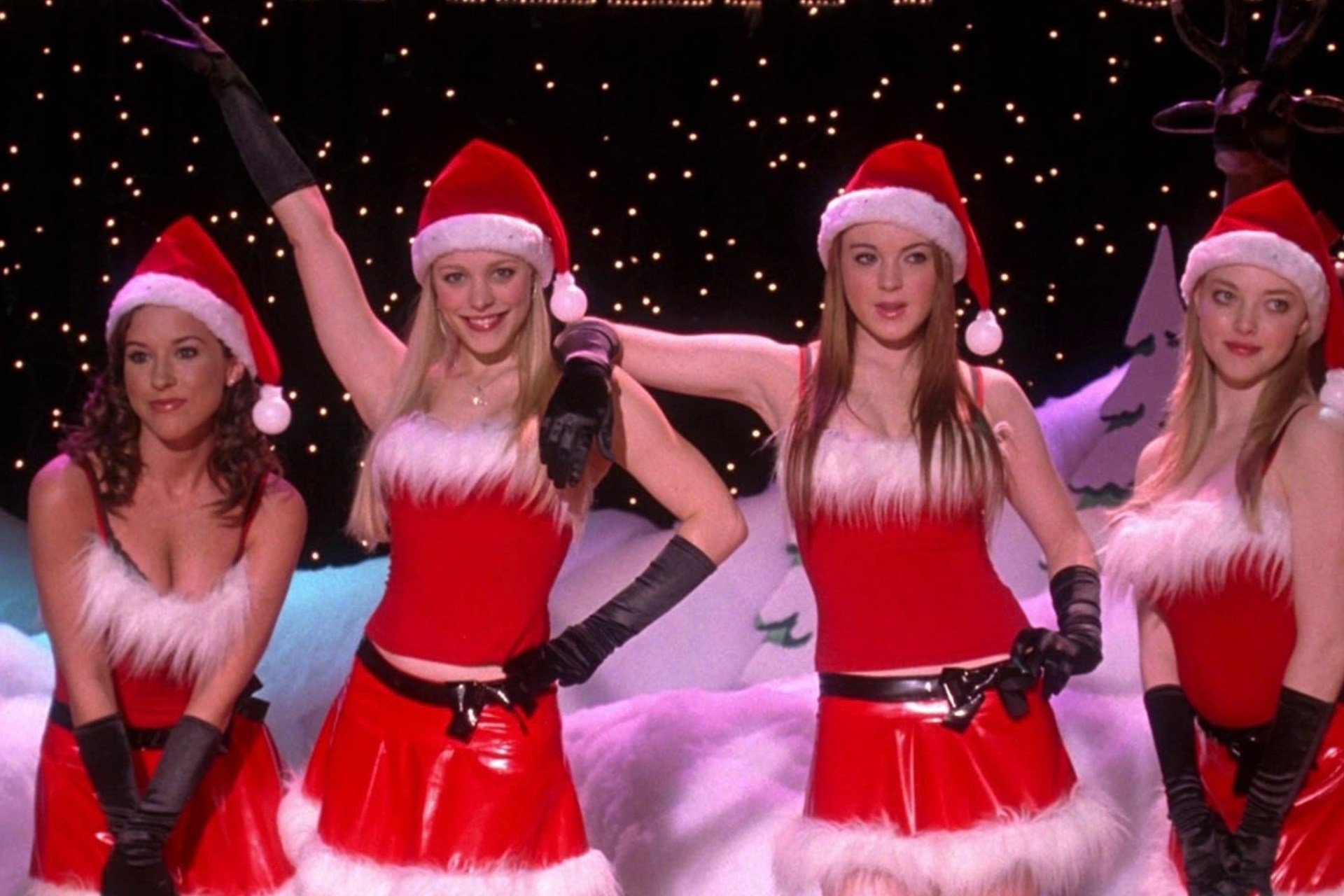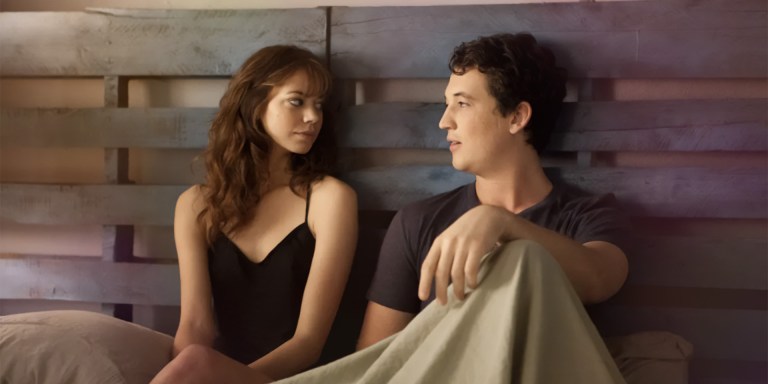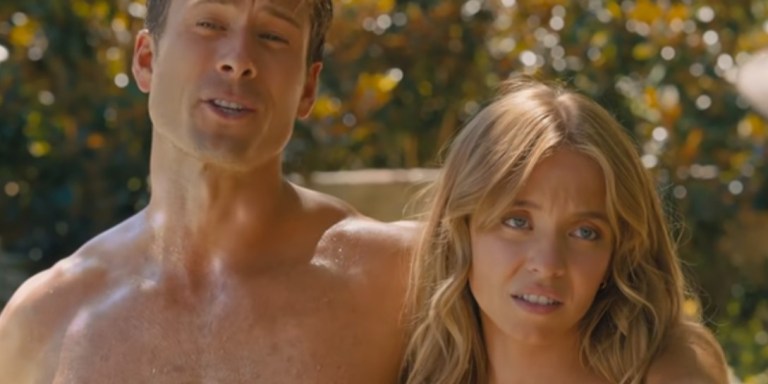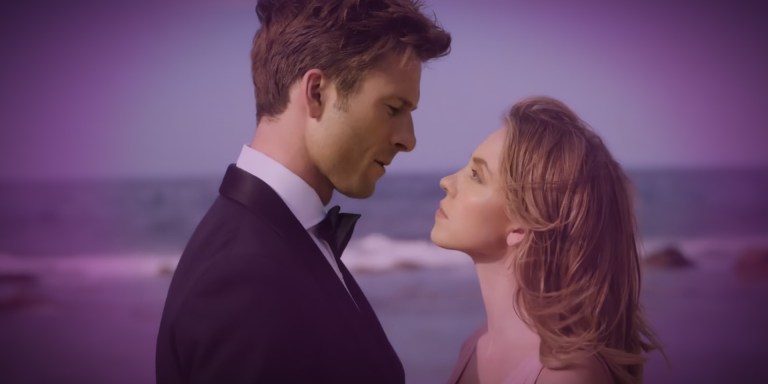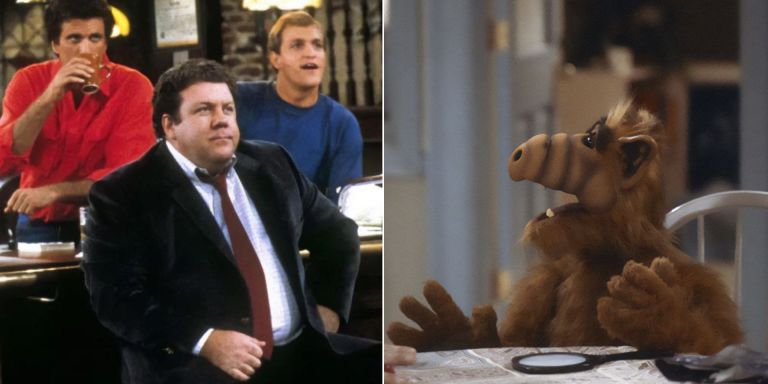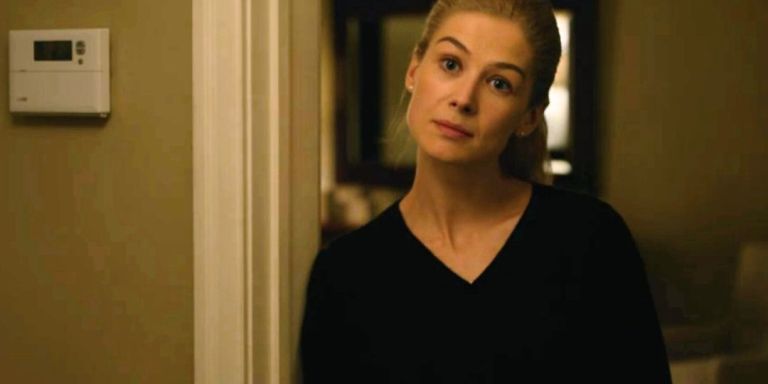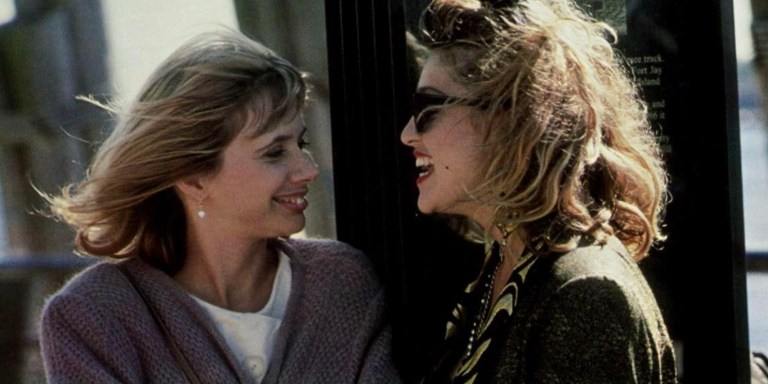Vulgar and goofy comedy used to be a boys club. Screwball comedies like Dumb and Dumber and Zoolander were all about men and how ridiculous, horny, and goofy they can be. Women weren’t treated the same way in these comedies. Women were often the objects of cockeyed men’s attention rather than a source of comedy themselves. Up through the mid-2000s, men held the majority of high-level executive positions (they still do, but less so now), which meant that markets were geared towards a male audience. In 2004, that all changed with Mean Girls.
Mean Girls was likely a risk for Paramount Pictures. Luckily, they had Lindsay Lohan at the film’s helm and the writing power of Tina Fey. But never before had a female-centric comedy reached the same popularity as these traditional male screwball comedies. If it weren’t for Mean Girls, films like Bridesmaids, Pitch Perfect, and Girls Trip might not exist today.
Before ‘Mean Girls,’ goofy and quotable comedies focused on men
Groundhog Day tops Empire’s list of the 50 best comedy films with its sardonic and emotional comedy. It heightened the craft of storytelling with expertly written jokes and the sarcastic Bill Murray. Next on the list, This Is Spinal Tap, a male-led mockumentary, and Naked Gun, another male-led screwball comedy, hit silver screens. Whether it was the Monty Python guys reenacting the fall of the Roman Empire in Life of Brian or Eddie Murphy cracking absurd cases in Beverly Hills Cop, male-centered comedies were at the forefront of mainstream media.
When we think of the greatest all-time comedies, few feature women. A male-dominated Hollywood contributed to this. We’re not knocking the comedy greats! We’re just saying that maybe they should’ve let Gilda Radner write a movie too. Comedies were written and produced by Mel Brooks, John Hughes, Adam Sandler, Lorne Michaels, and more. In an IMDb list of 35 of the Best Comedy Movie/TV Writers, there’s not one woman. Naturally, this means that these films were about and marketed to men. Luckily, Lorne trusted Tina Fey to change the landscape by creating a comedy for women about women by a woman. And it hit the mark.
Tina Fey employed comedic tropes from previous comedies to create ‘Mean Girls’
Like many films before it, Mean Girls uses quotable moments and memorable visuals. Wayne’s World had “Exsqueeze me?” and Zoolander had “Blue steel!” Mean Girls has a plethora of memorable lines, such as Karen’s “It’s like I have ESPN or something,” when talking about how her “breasts can tell when it’s raining.” Damian teases a girl who resembles Danny DeVito with his classic line, “Danny DeVito, I love your work!” And of course, we can’t forget Gretchen Weiners’ outburst, “You can’t sit with us!” and Regina George setting the shirt-with-holes-over-the-bra trend.
But the most obvious similarity between Mean Girls and its predecessors is its crude humor. Mean Girls is quickly catapulted into the same style of inappropriate humor as its predecessors in the first 10 minutes. “Gross” teens are making out. Ms. Norbury’s shirt accidentally reveals her bra. Jason asks Cady if “her muffin is buttered.”
Beyond this, Mean Girls employs several comedy trademarks of the late 90s and early 2000s. Frequent cutaways, flashbacks, and talking heads add to the film’s casual comedy vibe seen in earlier films like Clerks and Tommy Boy. The film uses quick cutaways, for example, when NPC-type characters talk about Regina George, to create its own punchlines. Between its crude humor, stylistic film editing, and quotable moments, Mean Girls is easily one of the first female-centric films to hold up as hilarious and mainstream in a boys’ club of screwball predecessors.
‘Mean Girls’ paved the way for more female-centric comedies
In addition to its humor tactics, the plot of Mean Girls, while wrapped up neatly in pink, is still a revenge plot. Revenge and anger had often been seen as male characteristics, which inspired great goofy film plots. As Cady, Janice, and Damian try to take down the Plastics, they learn about what it means to be a friend. It’s this combination of a goofy revenge plot and actual life lessons that elevate Mean Girls from dumb comedy into an empathetic cultural juggernaut.
It became a reflection of the millennial women who grew up watching it. It might align with “dumb comedies” from before in style and humor, but its thematic undertones elevated it. We learned what it meant to be “cool” and how being your unique self is way better than blending in with the popular girls. In this way, Mean Girls made comedy for women just as cool as comedy for men.
Before Mean Girls, women were just love interests. They could be funny, but they were almost always side characters, rarely at the center of the crudest jokes. Women were often two-dimensional archetypes of women—simply hot, simply nerdy, simply dumb, etc. But now, while Karen’s stupidity may be the butt of jokes, she has a self-awareness and self-consciousness that every woman can relate to.
We’re not dismissing female-centric comedies before it—mainly Legally Blonde, Clueless, and First Wives Club. Those films walked so Mean Girls could run. They didn’t push the limits of comedy as a genre, nor did they subvert expectations the same way Mean Girls did. Legally Blonde was first about empowering women, and second about comedy. Clueless has quotable lines and goofy humor, but its central plot and characters focus on love interests. First Wives Club, while an incredible film, was underrated and never quite hit the mainstream. Perhaps this is because in its title, the leading women are defined as “wives.”
Mean Girls delicately balances inappropriate jokes with the expectations of being a woman. It mocks and disproves those expectations, which include looking hot to be cool and dating the cutest guy in school. Now, 20 years later, we can still look back on Mean Girls and see how it changed the comedy landscape.
